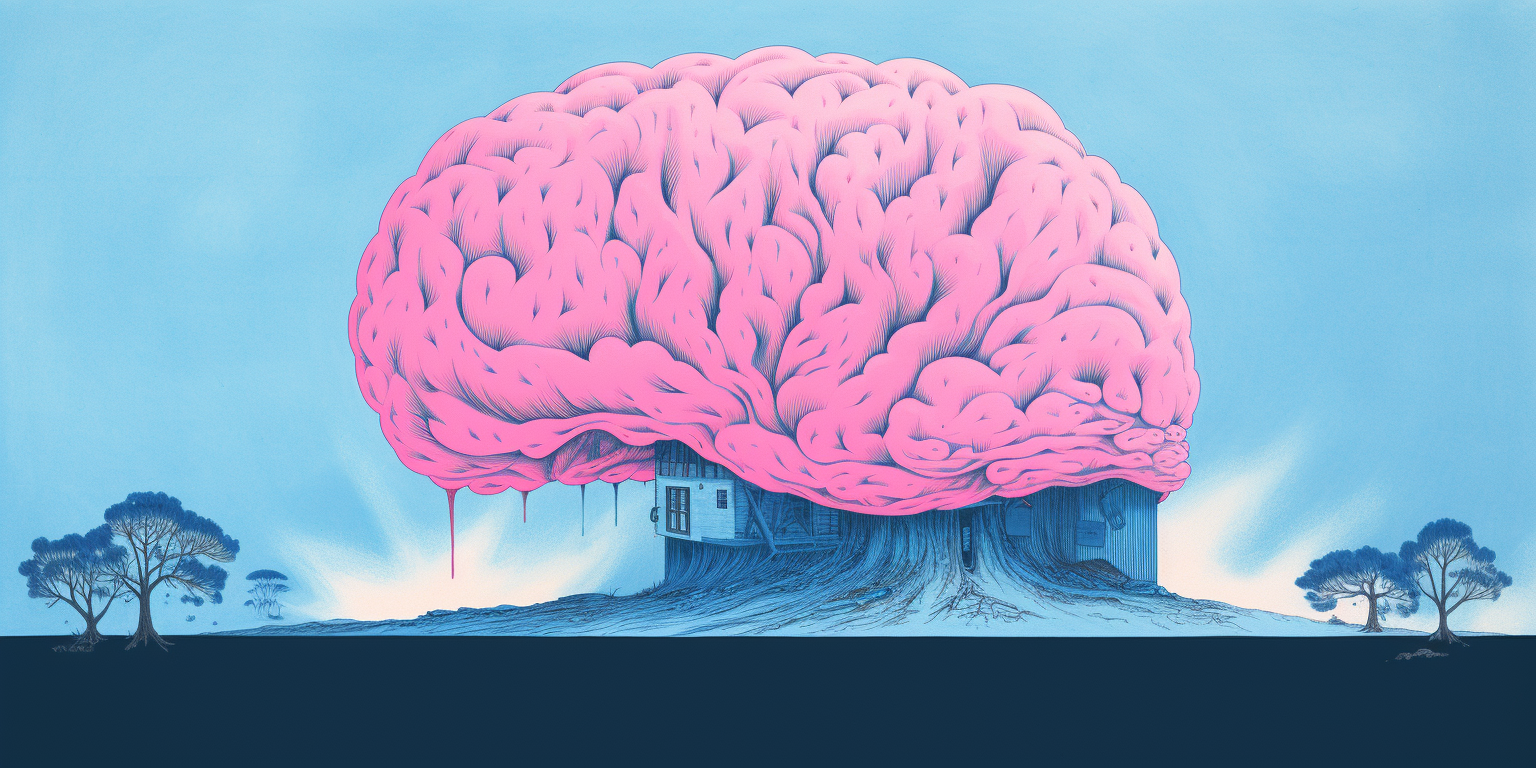Thinking Convergently + Divergently (Identifying Offers)

Andrew Huberman, professor of neuroscience at Stanford University and host of the Huberman Lab Podcast, loosely defines creativity as "a way of interacting with the world, or combining or recombining things in the world in a way that appears novel to us [...] and tells us something fundamental and different."
Sure. Cool. So how do we just be creative? How do we make stories that feel genuinely creative, and not like something else?
Let's first check in with the neural circuits in our brain that underlie and fuel the creative process. We're going to talk about "divergent thinking" and "convergent thinking."
Convergent thinking comes from the executive function of our brains, which relies mainly on our pre-frontal cortex, along with some other supplementary circuits. The executive function gives us the ability to examine a number of choices and suppress action, or basically say no to everything but the one, seemingly most-appropriate choice.
Divergent thinking comes from our default mode network, which is basically the parts of our brain active when we're not specifically doing something else. Like when we shut our eyes and just sort of daydream. The thoughts, feelings, and spontaneous imagination that wells up within us, relying on all the past knowledge and experiences we've accrued in our lives. Free association, basically. Think of a Rorschach Test. Twenty people can look at the same image and respond with twenty different answers – those answers came from their unique, individual, free associating default mode networks.
So when we free associate, generating lots of novel ideas, and then engage our pre-frontal cortex to say, hmm, which of these is most appropriate and interesting right now – bam, you did something creative. But the important thing to recognize, for our purposes, is that these are two separate muscles. We may engage both of them continually in improv, but we need to train each of them intentionally.
After a run, you might ask yourself, "What have I done that is more along the lines of divergent thinking, and what have I done more along the lines of convergent thinking?"
Here's a hint, if you're struggling: did you do something that surprised everyone, or that didn't seem hinted at by whatever came before? Probably more divergent. Did you do anything that seemed perfectly sensible, given what just happened, or anything that other improvisers guessed might happen? Might be more convergent.